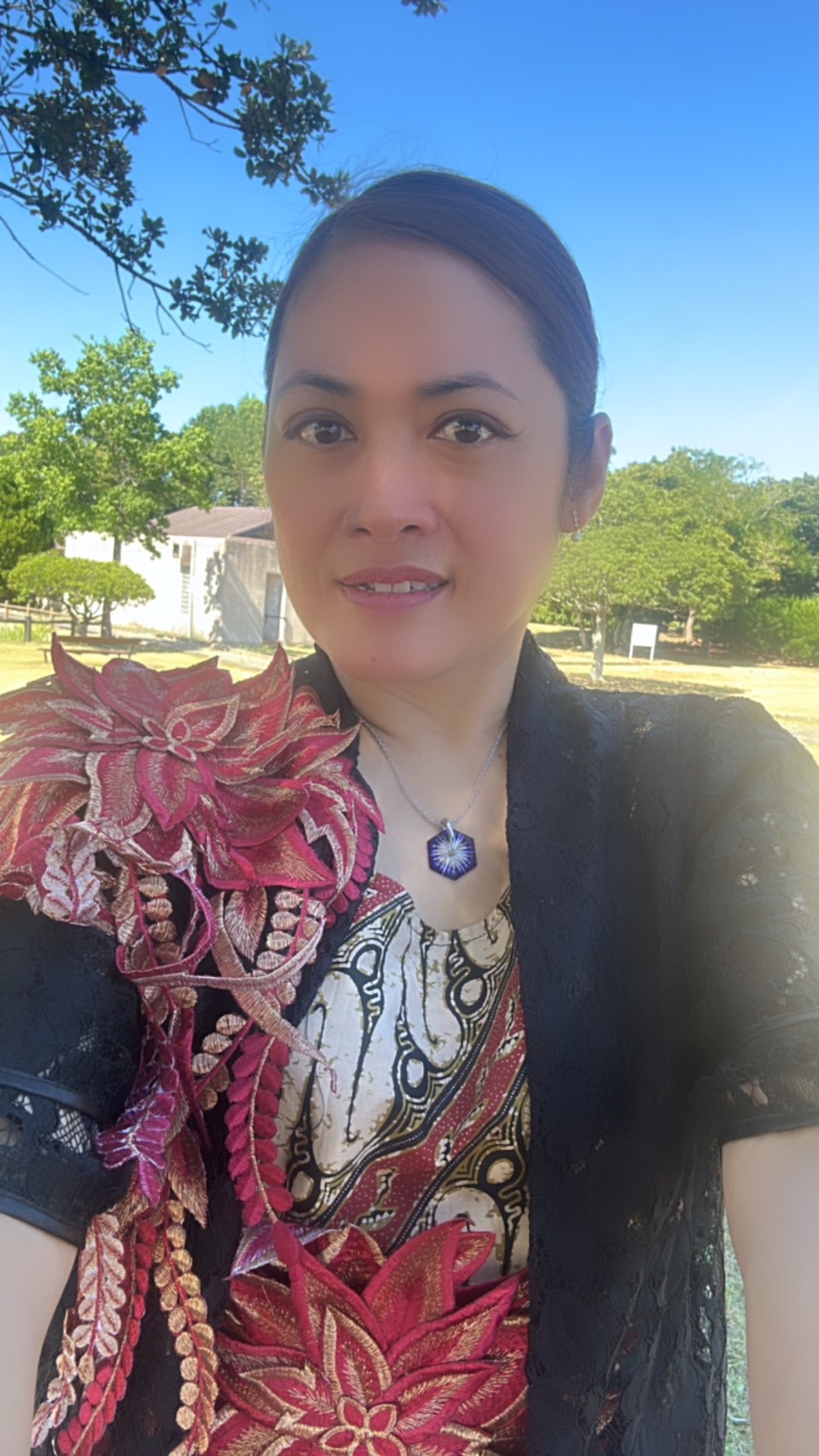Tokyo was the city I had always dreamed of and Tokyo Love Story was just the beginning
Reni grew up in East Jakarta, Indonesia, with her parents and five siblings – one younger sister and four younger brothers. From a young age she was also a do-er and a go-getter – spending her time amongst verdant greenery, climbing trees with her brothers and sisters, as well as planning and hosting local festivals as a girl scout.
Her hometown was home to many Japanese businesses, which had her well-acquainted with Japan.
Her interest in Japan started when she watched the TV drama Tokyo Love Story. She enrolled in the Japanese language department of Dharma Prasada University and by the time she graduated, she had improved to a level where she had mastered everyday conversation perfectly. After graduating from university, she joined a Chinese company and then moved to Yamaha Indonesia Co. While working as an interpreter, she met her husband, who was on a business trip from Japan, and came to Japan at the age of 23 upon their marriage.
She is currently active in a wide range of fields, working as an Indonesian language teacher, interpreter, translator, and a permanent employee at Toyoko Inn. The first half of this article tells the story of her days spent in Indonesia.
(Interviewer: Shinobu Mitsui) Photographs: Reni Kawagoe
Tell us about East Jakarta – the city where you grew up.
I was raised in East Jakarta, which is about a one hour car ride from the capital city, Jakarta. It’s an amazing place and has a similar vibe to Hamamatsu as it has lots of nature like lakes, rivers, and forests. Indonesian people are generally friendly, but they also tend to have a bit of a laid-back streak. Complete strangers can meet and immediately be open and honest with each other – there’s no walls or defenses. When you leave your house you’re immediately greeted by faces of all your neighbors and everyone is really sweet and they embody the “it takes a village” approach to raising the local children.
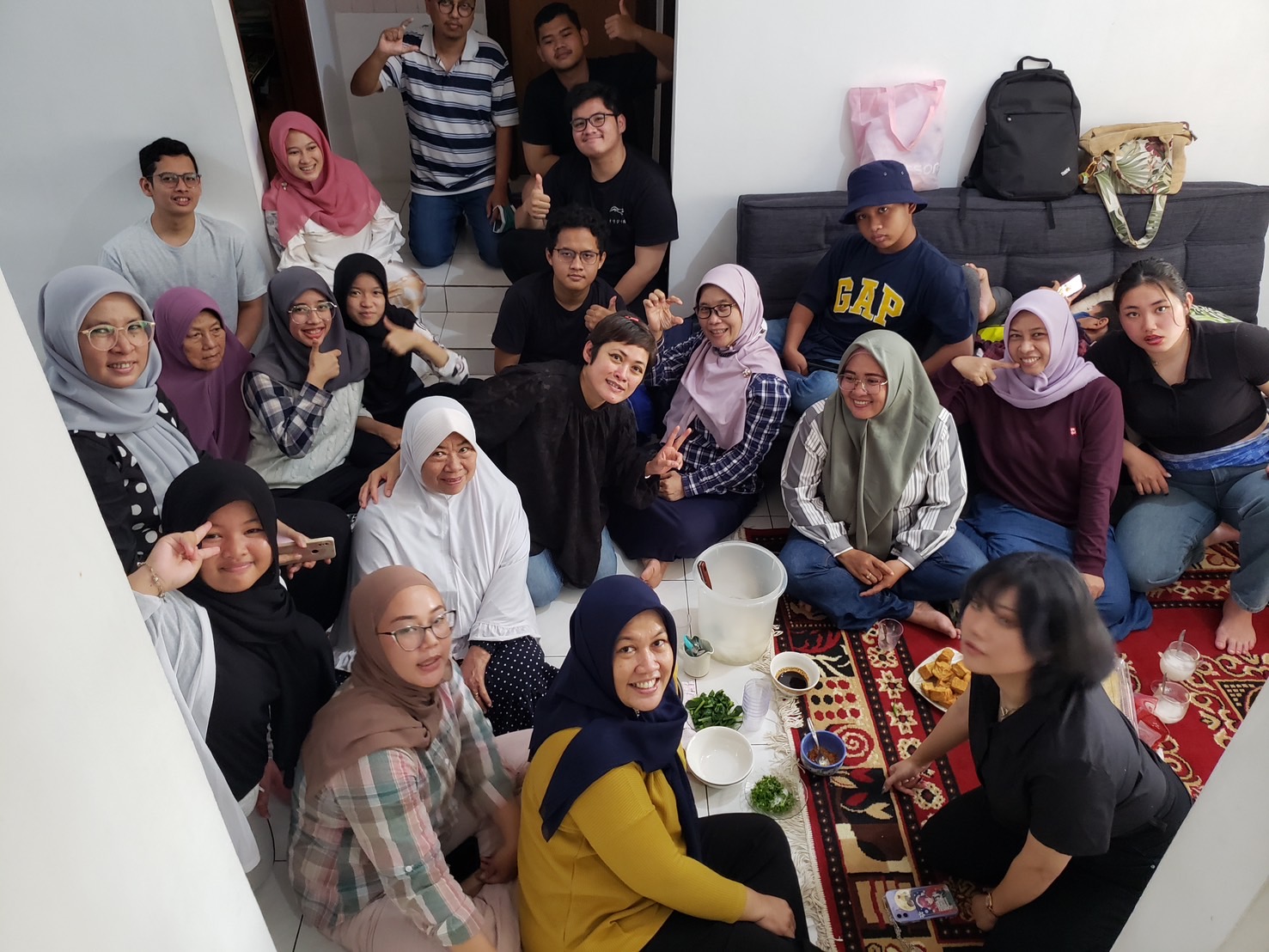
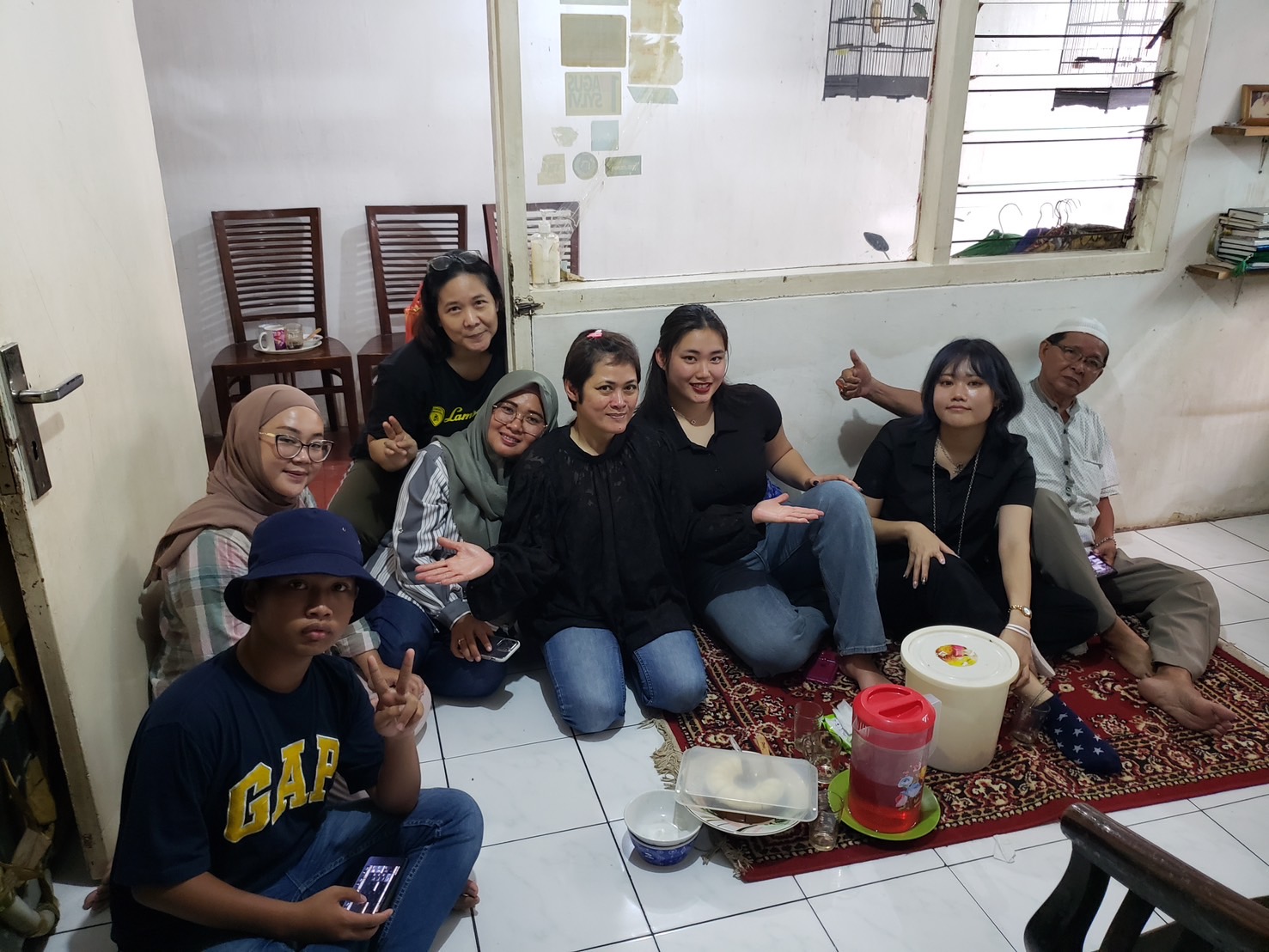
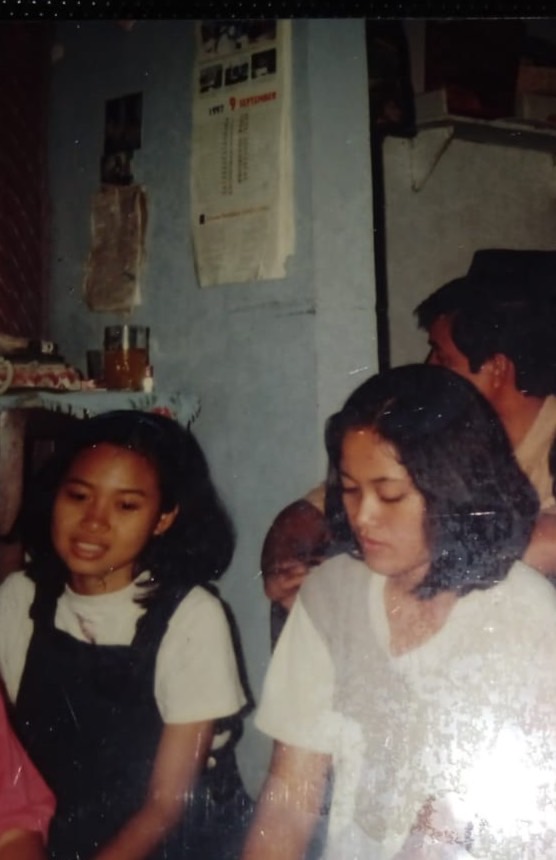
What makes Indonesia so special?
Indonesia is located in the sub-tropics so we don’t have four seasons – its pretty warm all year round. We have a wet season and a dry season, with the wet season lasting from October to March and the dry season from April to September. The dry season isn’t very humid, so it’s the best time to visit Indonesia. Our national cuisine is also delicious – I’m sure you’ve all heard of our most famous dishes; nasi goreng, satay, and nasi campur. The name of the last dish just means “mixed rice”, with nasi being the word for rice and campur meaning to mix. There are a a few Indonesian restaurants in Hamamatsu so you can always ask the owners what the names of the dishes mean – they might be more interesting than you expect.
Indonesia is also very rich in energy resources like oil, natural gas, coal, as well as natural resources like minerals, natural rubber, and palm oil. We also have the fourth largest population in the world, with a large proportion of young people and our country is still continuing to develop.
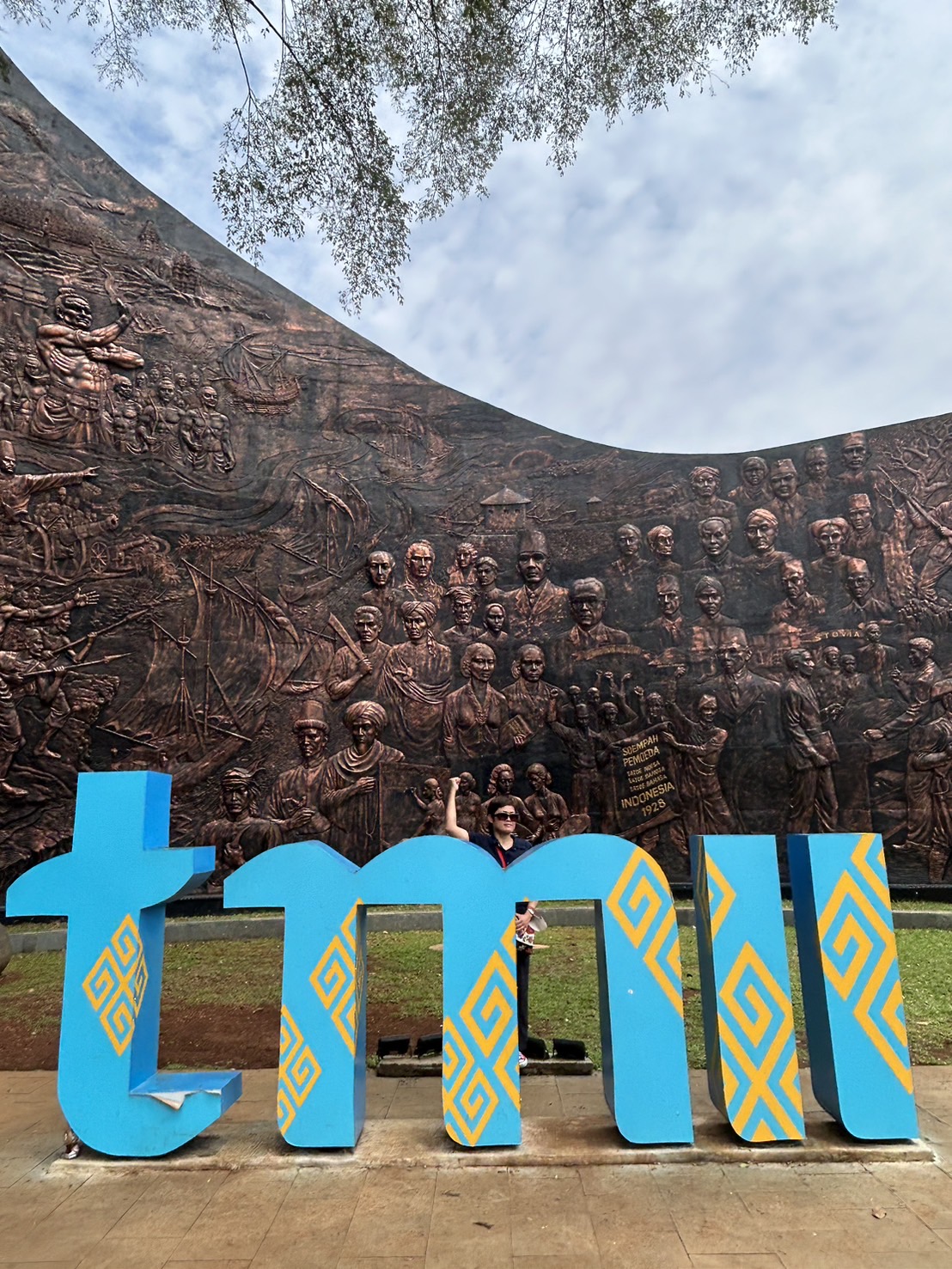
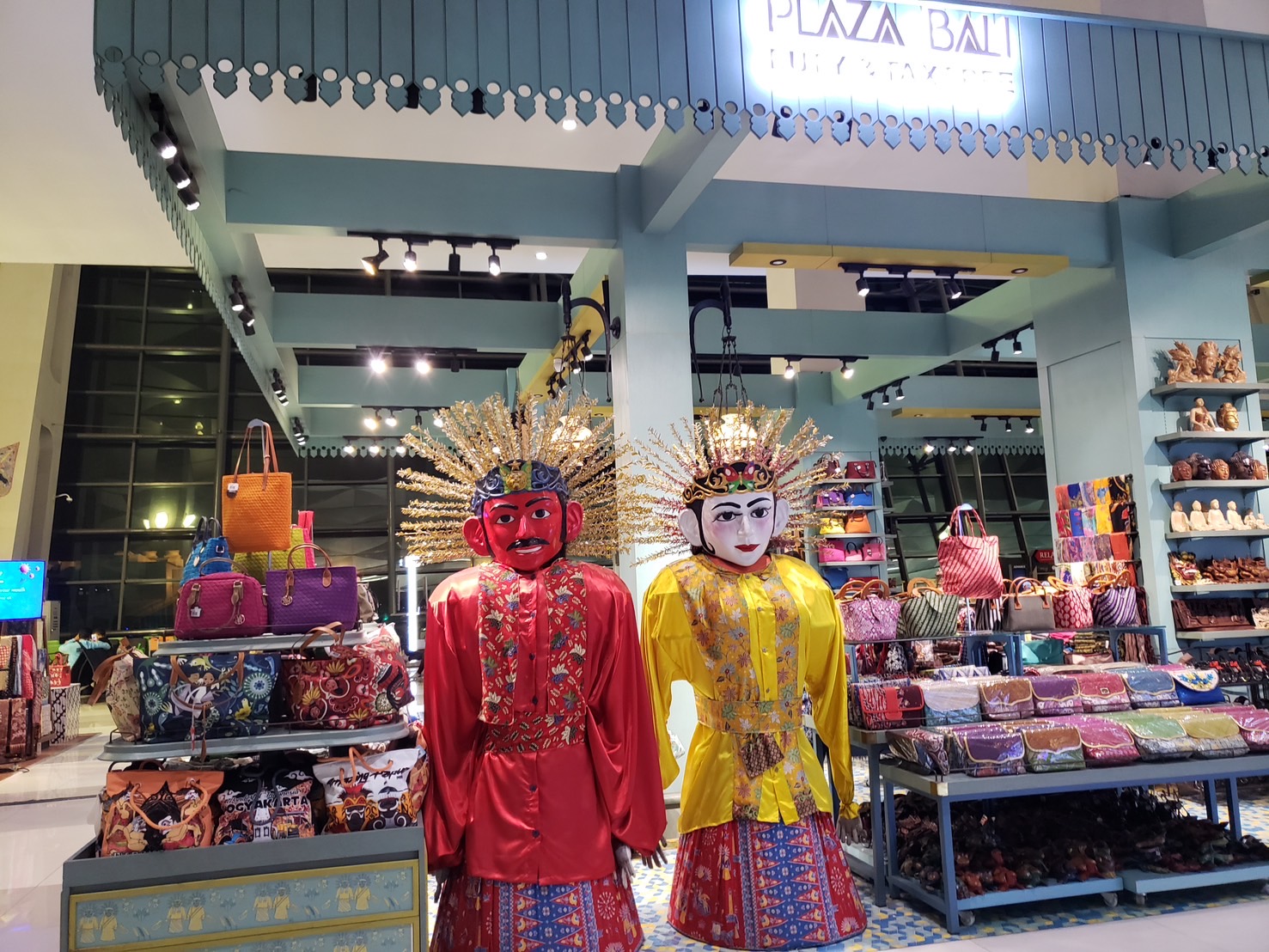
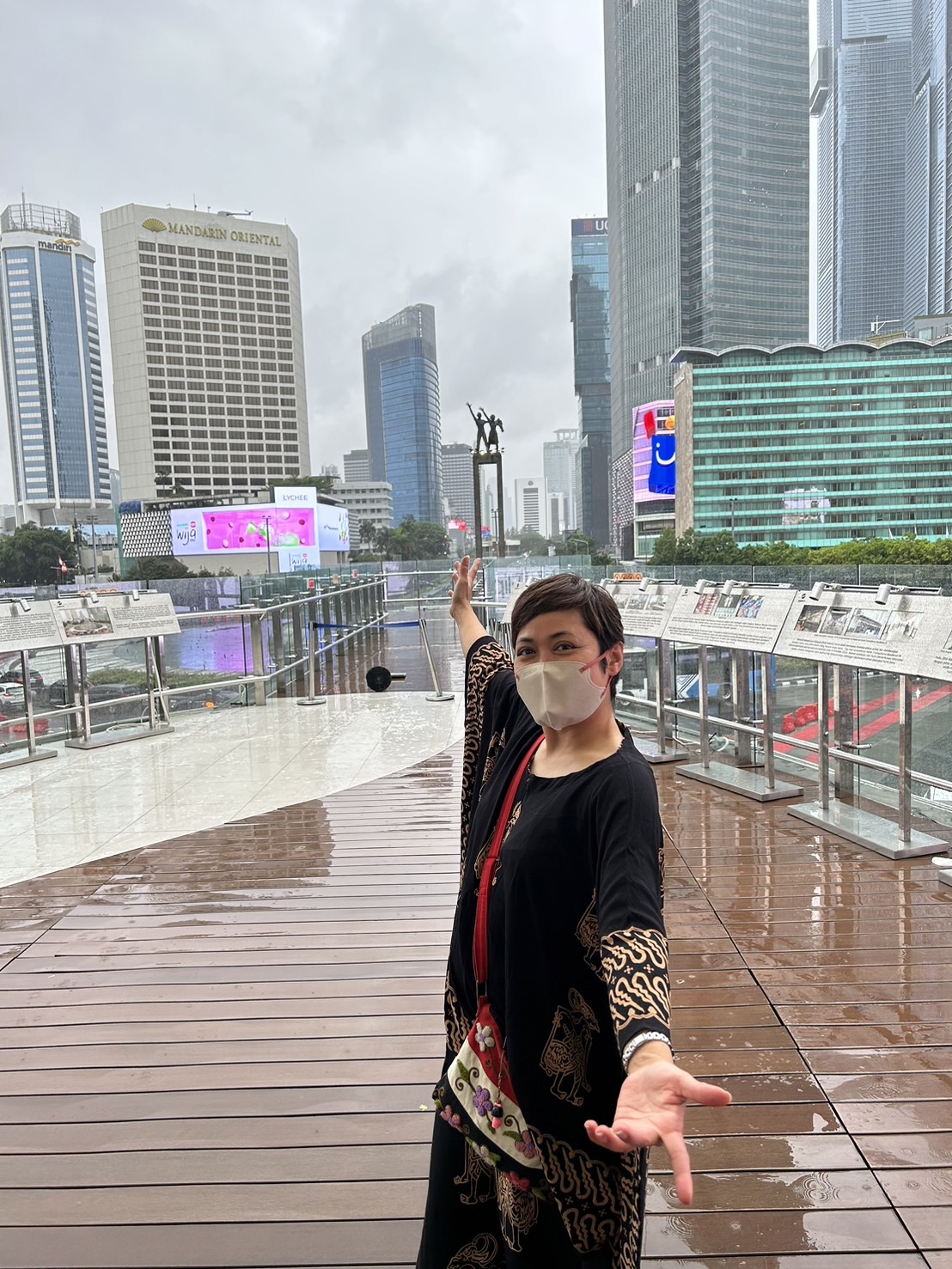
When did you first develop an interest in Japan?
When I was a child I used to watch anime like Doraemon, Candy Candy, and Sailor Moon, but when I was in high school I watched a drama called “Tokyo Love Story” and just fell in love with Tokyo. It really made me want to go to Japan so I enrolled in a three year Japanese language course at Darma Persada University and really devoted myself to my Japanese studies. At that time, Japan was the country of my dreams.
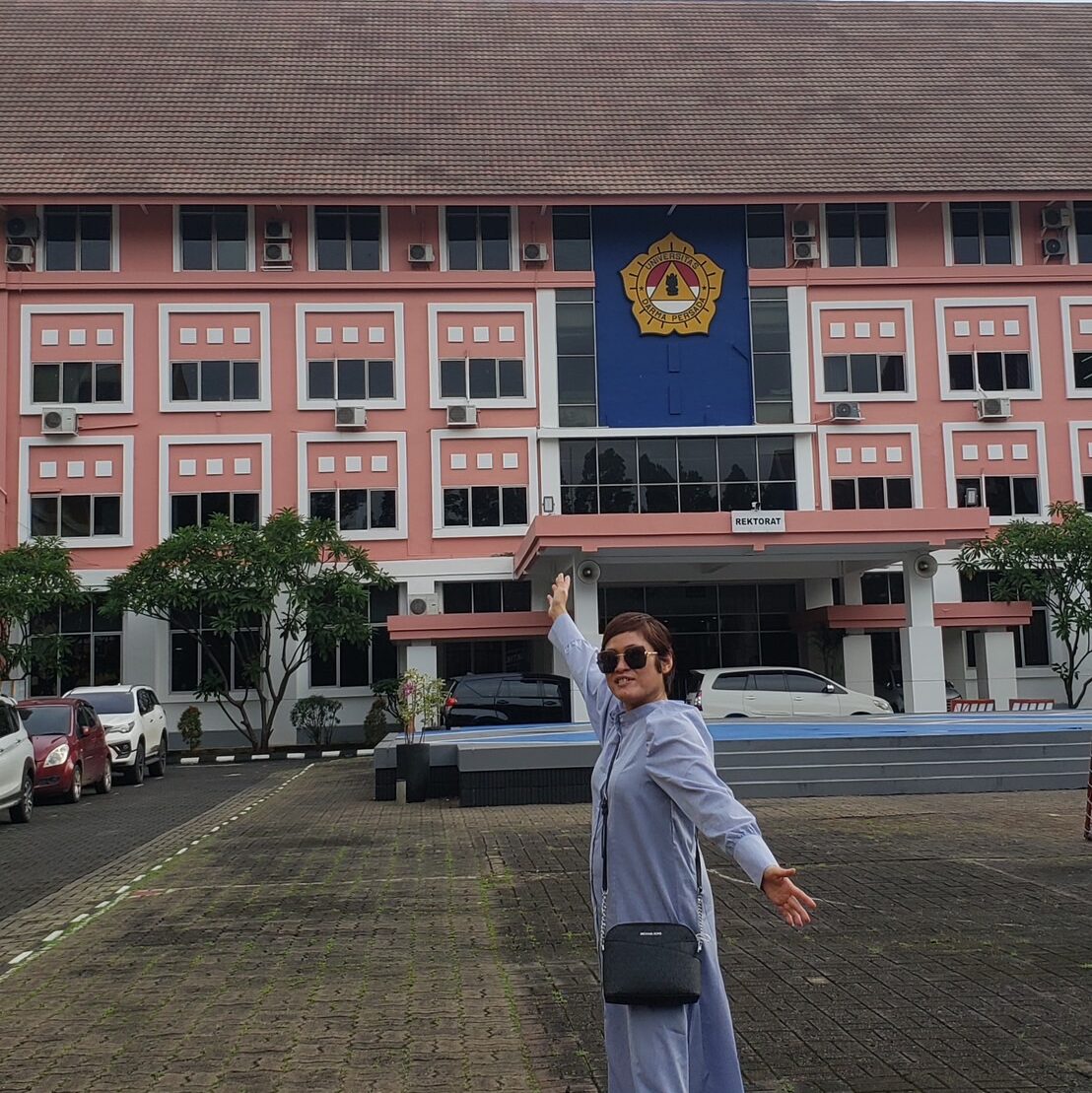
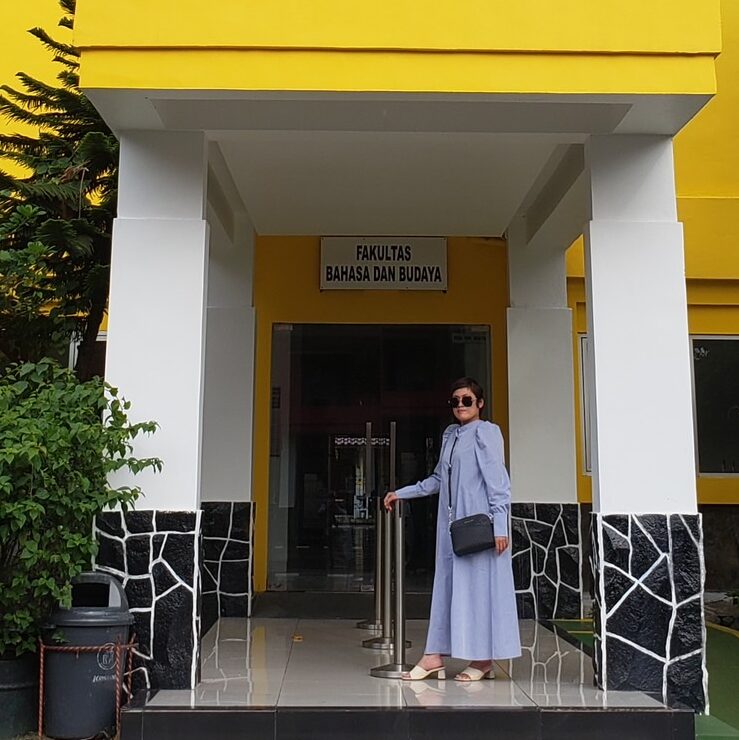
I heard that you studied abroad in Japan as a university student – is that correct?
Yes, you’re right. I had to pass a written test and an interview before I could go, though. Tokyo was just as big as I had imagined it and it was impressive that it looked just how it did on television. I was shocked at how convenient the country was after arriving and being about to experience first-hand all the vending machines and 24-hour conbinis. But I knew that it’s because Japan is so safe that you can buy whatever you want, whenever you want. I also went to Disney Land and challenged myself by riding a rollercoaster for the first time.
Living in the countryside during my study abroad was also a valuable experience, and I came into contact with a lot of Japanese culture and deepened my understanding of Japan during my stay.
Leni’s Japanese improved to the point where she had mastered everyday conversation by the time she graduated.
After graduation, she worked for a Chinese company and a year later chose Yamaha Indonesia Ltd. as her new job, where a fateful encounter would eventually lead her from living in Indonesia to Japan. In Japan, she worked as an interpreter, translator, and Indonesian language teacher, and for the past 12 years she has been working for Toyoko Inn, where she has been a full-time employee for the past six years as chief of hotel rooms, responsible for bringing together multinational staff. In the second half of the interview, we asked Leni about her working life and her life after coming to Japan.
Working at Yamaha Indonesia as an interpreter – 23 years in Japan after one fateful encounter
So you started working for a Chinese company after graduating, but then switched to Yamaha Indonesia?
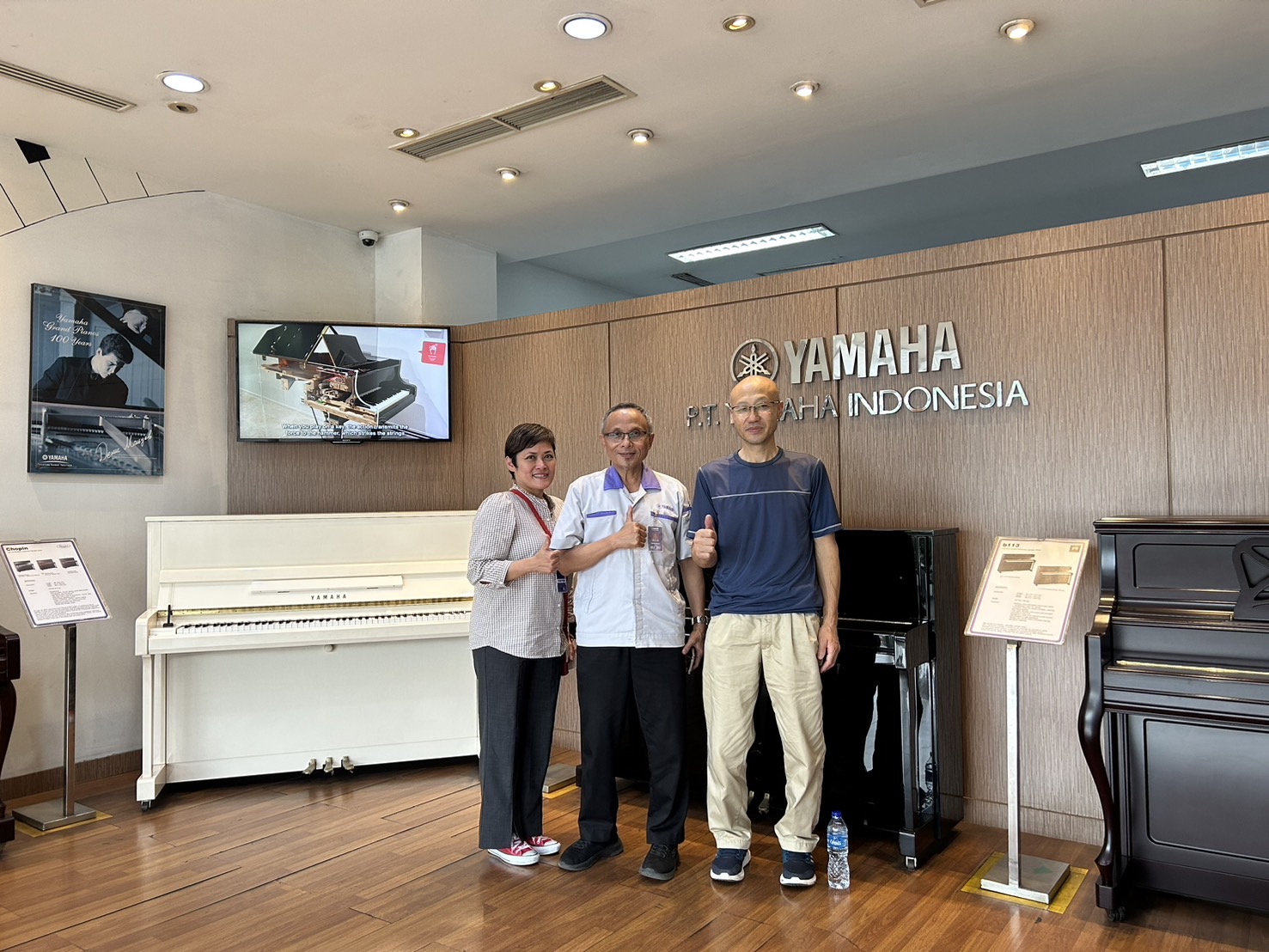
In the middle is her former boss who set them up
I first applied for the employment test at Yamaha thinking it was the motorbike Yamaha, but it was actually the musical instrument Yamaha. The first thing I saw when I entered the company was pianos. I was employed as an interpreter, so it was quite difficult remembering all the specialist language for the tiny parts, but every day was a new experience. After joining the company I met my now-husband when he was on a business trip. He proposed after 4 months of dating and I came to Japan to get married. I only worked at Yamaha Indonesia for a year, but I will always be grateful to them for changing my life.
What is your impression of Hamamatsu?
Indonesia has a lot of people and the streets are always full of chatter, but where I live in Hamamatsu is really quiet and relaxed. Going back to Indonesia then coming back to Japan makes me realise just how safe Hamamatsu City is. The city has the ocean, lakes, rivers, and mountains, so you don’t have to spend any money to have fun – the food is also great! Japan has four seasons, so it’s really amazing getting to see the seasons change and the landscape along with them. That’s one of the parts I love about Japan.
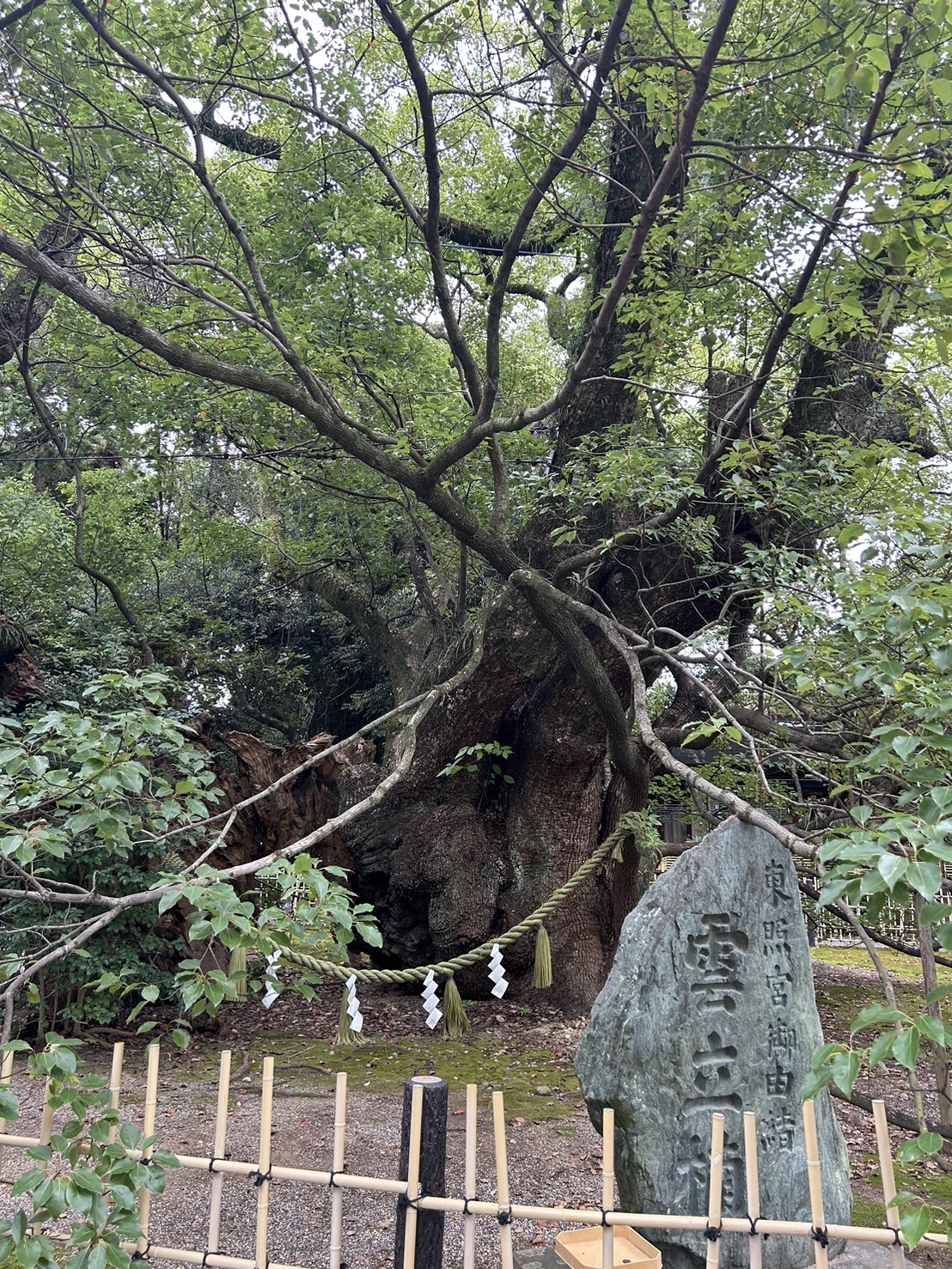
Hamamatsu Hachiman Shrine
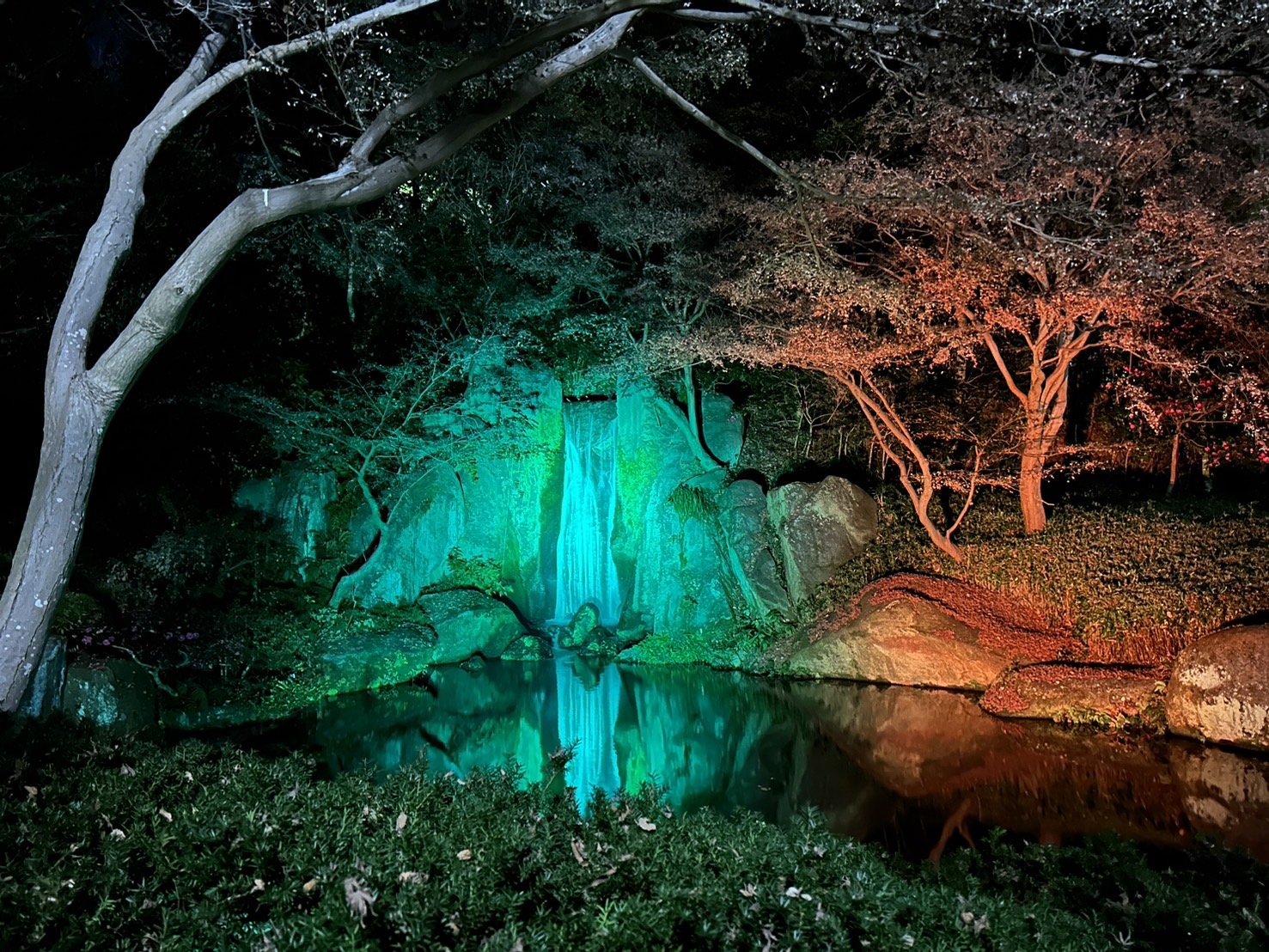
Did you have any experiences when raising your children that particularly stuck with you?
I was never denied any opportunities or had my abilities underestimated because I’m a foreigner, but instead was treated just like all the other Japanese parents, which made me really happy. The teachers and other parents at the school my daughters went to were all very understanding so I didn’t have any bad experiences there.
We have a time to read books to the children before school classes start, and I remember that I have been a volunteer book reader for eight years without fail. As I also speak English, I read English books to the children during the Christmas season. I am grateful for the interaction with the children through books and for the environment in which I was able to continue for eight years.
Could you tell us about the job you got after you came to Japan?
After my children had grown up a bit, I started doing translation and interpretation for government offices and teaching Indonesian language, and for the past 12 years I have also been working at Toyoko Inn as a room clerk. I became a permanent employee six years ago and now I have a leadership role. The room clerks come from various countries, like Indonesia, the Philippines, Bangladesh, Sri Lanka, Thailand, Malaysia, Peru, South Korea, and China. Sometimes we can have as many as 10 different nationalities working together at once. It’s difficult to oversee a range of staff from countries with different cultures and customs, but our hotel has rules to lead through demonstrations that anyone can understand, so we can prevent misunderstandings through words. As a leader, I have to be able to do everything, so I learned to make small repairs on the room furnishings like cleaning air-con machines or swapping out plumbing fixtures. The managers of the hotels are understanding, so its an easy place to work.
My Indonesian lessons take me all over the place, but I regularly teach lessons every Tuesday evening at HICE. I don’t just teach my students the language but also get them to experience Indonesian culture by trying local snacks and putting cultural references into the lessons. It makes learning the language just that little bit more fun.
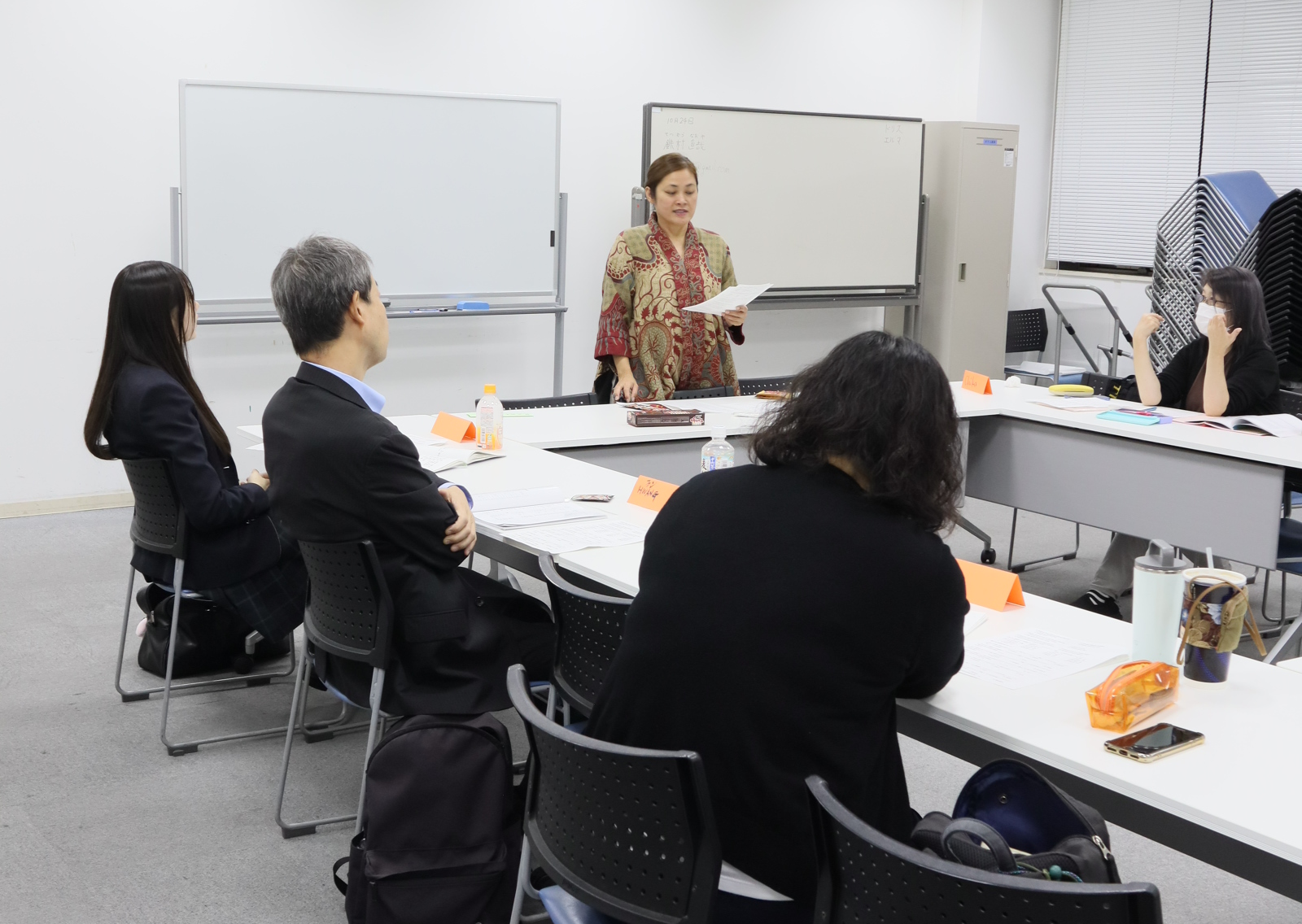
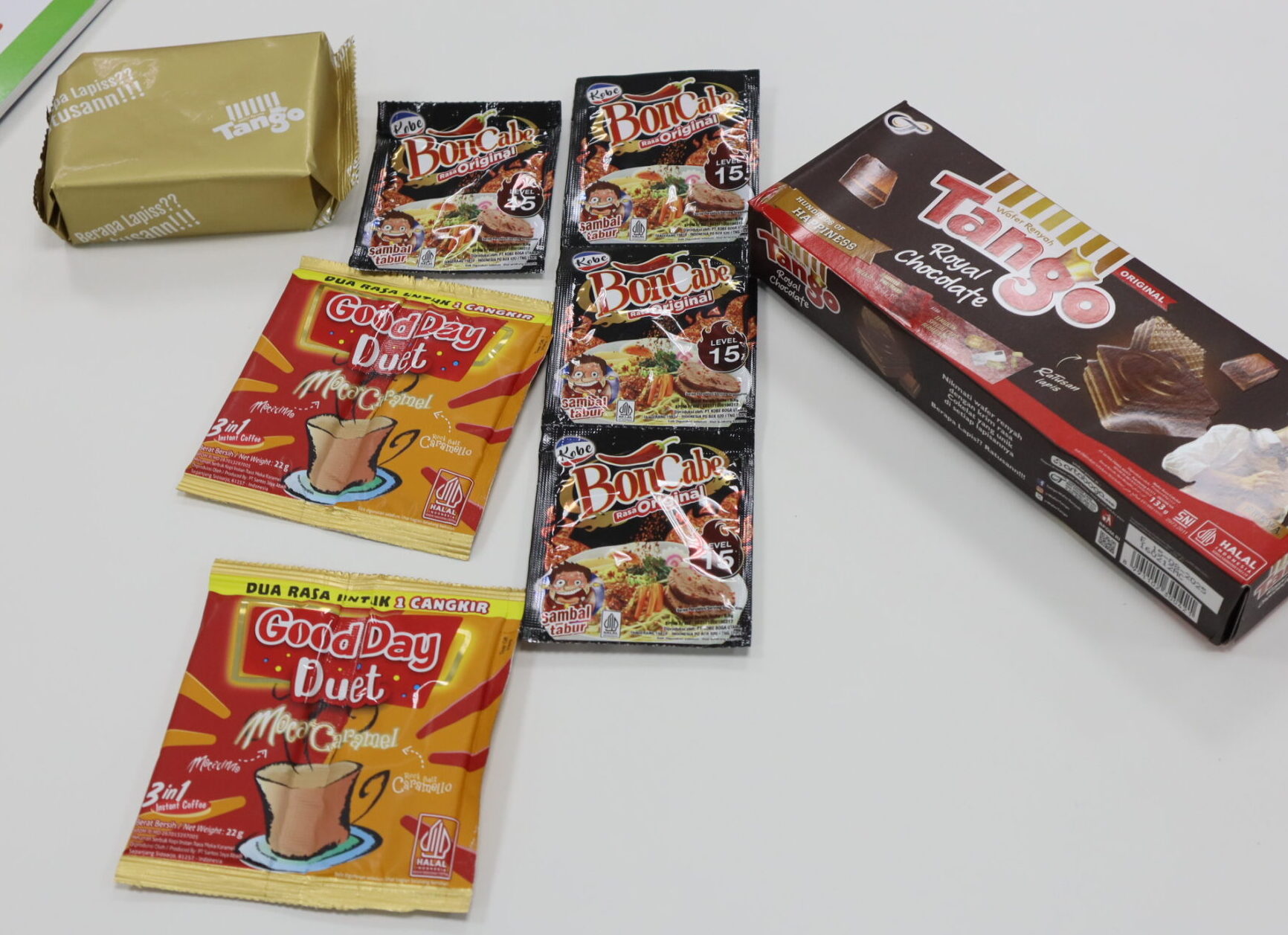
You’re the Indonesian representative for the Hamamatsu City Foreign Resident Council, right?
Yes, you’re correct! As of November 2024, there were 1,830 Indonesians living in Hamamatsu, making them the fifth largest foreign nationality in the city. Foreign nationals in Japan don’t have the right to vote, but I compile requests from Indonesians and participate in discussions with the city, and as a representative I share opinions on how to make Hamamatsu City a more comfortable place to live. We firmly follow local rules and regulations, such as those on littering and circulars, and make suggestions on how to make the city more livable for foreigners, based on our understanding of Japanese customs and culture.
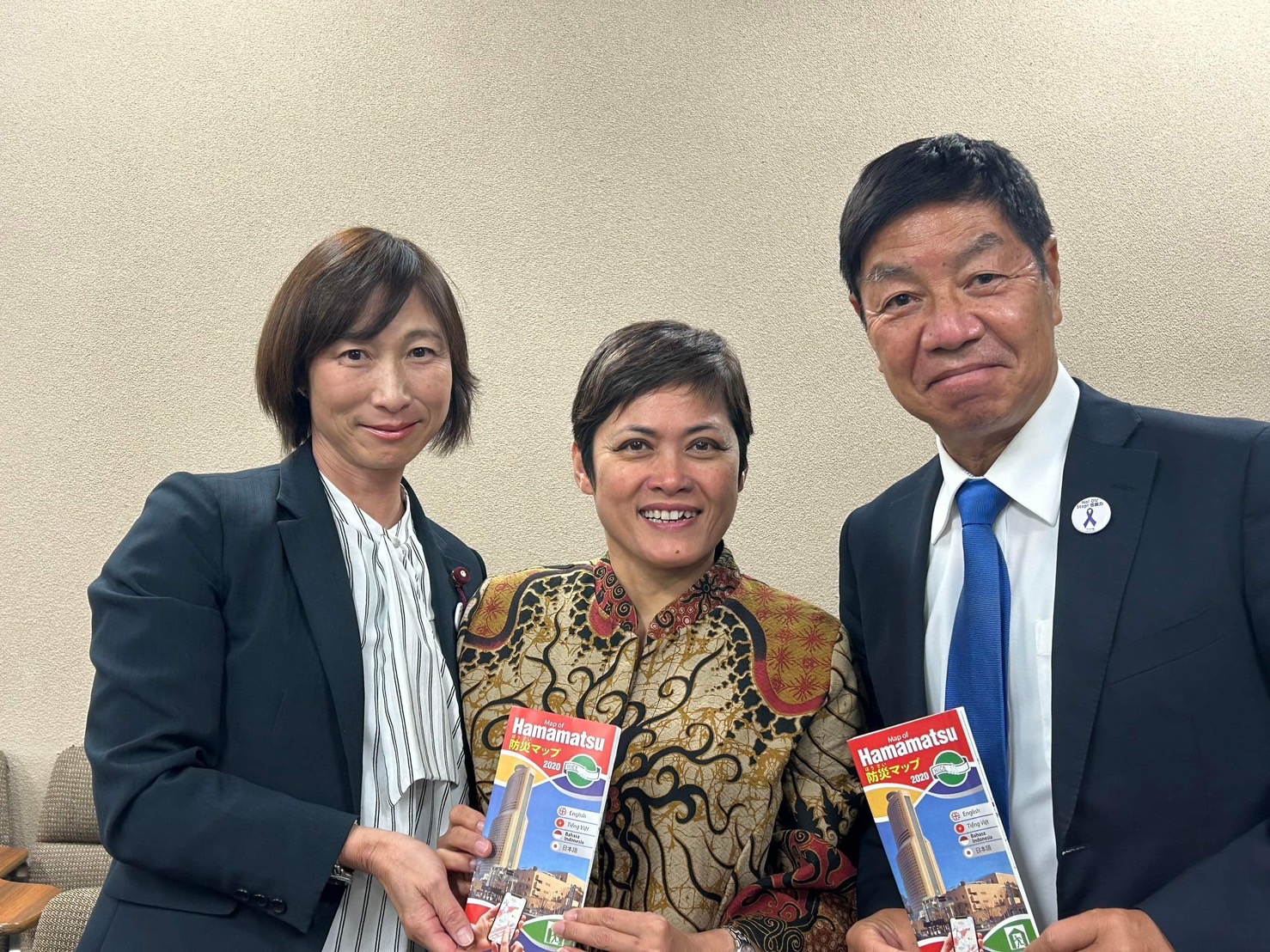
So what’s next for you?
At the moment we have three generations of the family living together. I care for my mother- and father-in-law and I want to learn more about nursing care. I grow over 10 different types of vegetables in my garden and sometimes they grow well and sometimes they don’t, so I would like to also read up on some gardening tricks to improve my skills and yield more delicious produce.
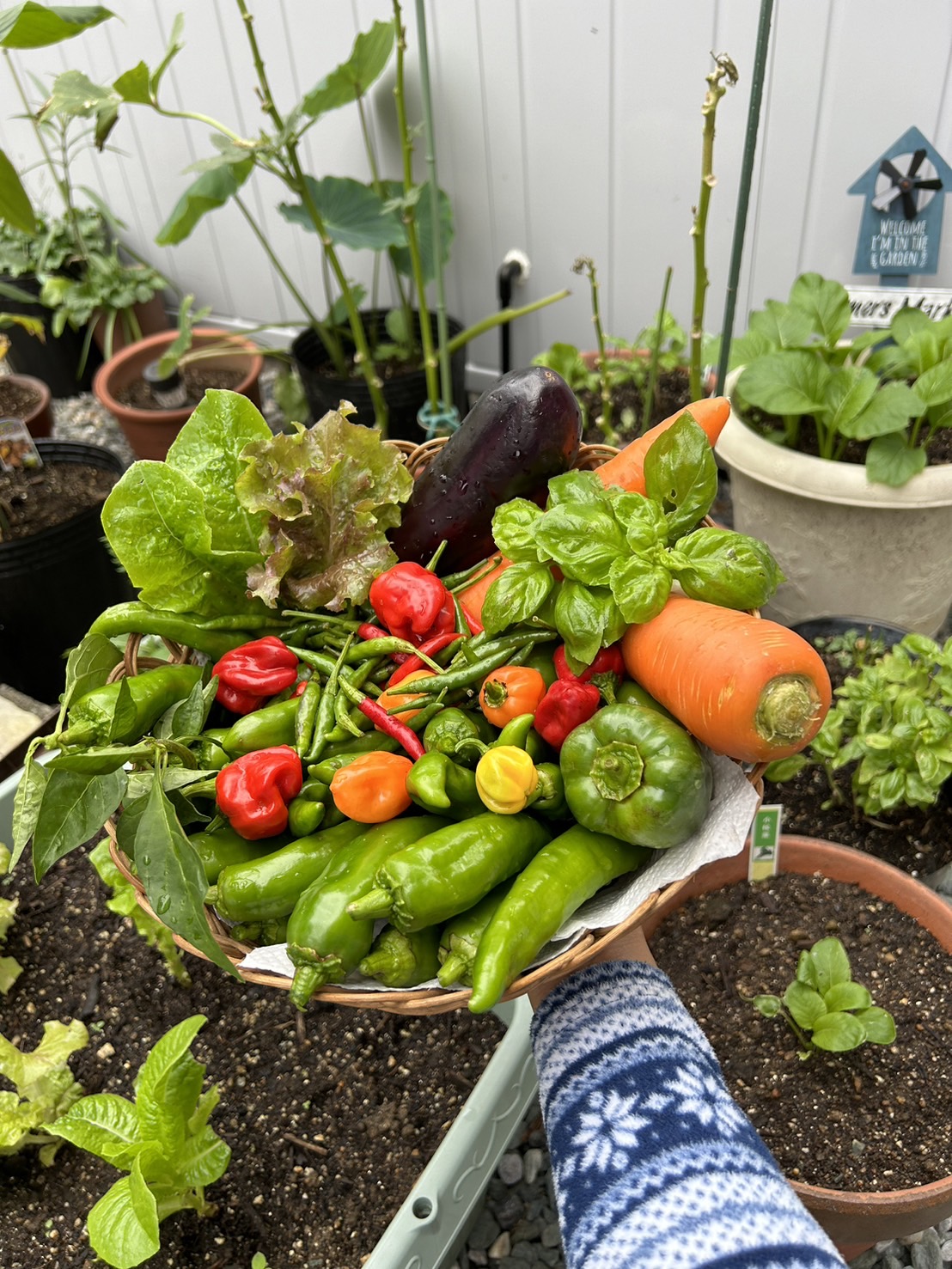
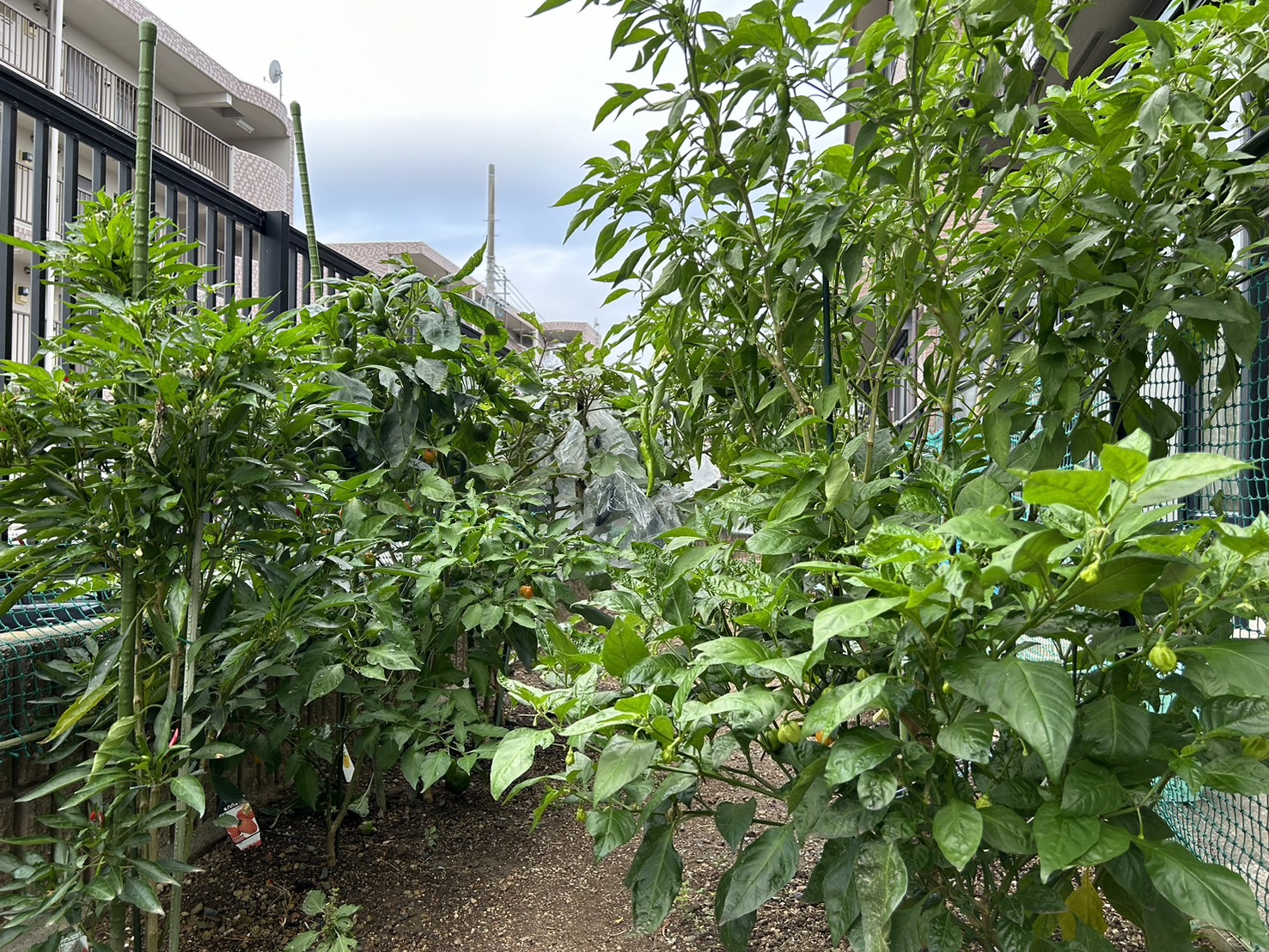
Well we are all looking forward to seeing what you do next. Thank you so much for sitting down with me today.
KAWAGOE RENI
1978 – Born in Indonesia
1999 – Graduated from Darma Persada University with a degree in Japanese language 2000 – Started work at a Chinese company
2001 – Switched to Yamaha Indonesia
Worked as an interpreter then met her husband
2002 – Got married at 23 then moved to Japan and had 2 children
Translating and interpreting for government agencies alongside teaching Indonesian language, 12 years working at Toyoko Inn in a managerial role
